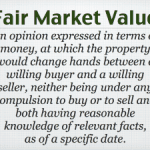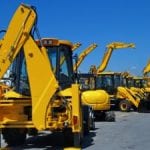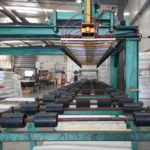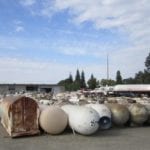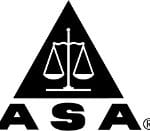When you think about “Fair Market Value” in equipment appraisal reports, what do you think the “fair” part means? We had this discussion not long ago at an appraisal report writing class regarding the new USPAP regulations and the consensus was that the “fair” part of “fair market value” is redundant. Market Value, by definition,…Read More
Purchase Price Allocation Appraisals
When CPA firms need appraisals for financial reporting purposes, it’s often related to business combinations. Appraisals for business combinations are most commonly needed when one business entirely gains a controlling interest over another. At that point, the purchase price allocated on the books needs to be split out, with specific amounts allocated to inventory, land,…Read More
How to Read an Appraisal Report
Some folks get their equipment appraisal reports and flip straight to the value amounts. And that’s fine — it’s the final opinion of value, after all, that’s needed for most equipment appraisal purposes — but that value amount doesn’t confirm whether or not you’ve gotten a useful and qualified report: a report that not only provides…Read More
Selecting an Appraiser for Leased Equipment: Part 1 of 2
Over the years, I’ve done a number of valuations on leased equipment for various reasons. It’s almost aways the case that the folks who are leasing the equipment and the folks who own it don’t agree on what the value of the equipment is or even what the premise of value should be for the equipment…Read More
Considering Installation Costs in Valuations
Installation costs are one of the variables in equipment appraisal so let’s look at two valid reasons an equipment appraisal might not include installation values. The most obvious reason an equipment appraisal might not address installation costs is that a great variety of equipment doesn’t have any associated installation costs. Installation costs include freight, delivery,…Read More
The Myth of Auction Value in Appraisals
Lately, we’ve gotten a couple of calls asking for equipment appraisals at “auction value.” That’s a tough one! Auction value, you see, isn’t an appraisal value at all. USPAP requires compliant appraisals to define the value being used and to cite the authoritative source of the definition and I’ve yet to see any respected authoritative source—whether…Read More
Considering Absorption in Valuations
The concept of absorption is used relatively often in real estate appraisal and the same concept, known as “blockage,” is a well-documented in the art valuation world, particularly in tax-related appraisals. The term “blockage” — used by the IRS — derives from issues related to selling a large block of stock and seeing the related…Read More
The Difference Between Value and Price
The purpose of an equipment appraisal drives the definition of value. For instance, when a Sacramento bank requests an appraisal of heavy equipment owned by a construction business in West Sacramento for the purposes of a collateral loan, we are likely to use Orderly Liquidation Value because that would give the lender the most accurate…Read More
Choosing a Bankruptcy Equipment Appraiser
Choose an equipment appraiser who will make bankruptcy filing easier, not more difficult. Be sure that the equipment and machinery appraiser providing the bankruptcy appraisal is qualified, experienced, and approved by your Bankruptcy Attorney. Read More
What’s Your Equipment Worth?
How does a qualified equipment appraiser determine the value of the equipment on your farm, manufacturing facility, restaurant, recreational center, or production shop? Three approaches to value can be used in equipment appraisal–sales comparison, cost, and income; deciding which is most appropriate for your equipment is one of the equipment appraiser’s important determinations whether appraising agricultural equipment, construction equipment, production or recreational use equipment or other business assets. Read More
The Role of Levels of Trade in Appraisals
Equipment appraisals for different reasons may yield different bottom-line values, depending on the level of trade used by your equipment appraiser. USPAP regulations require that an appraisal report “identify the type and definition of value.” Learn more about it! Read More
Valuing Specialty Equipment: Cost Approach
While equipment appraisal generally depends on Sales Comparison approach, researching an opinion of value takes an interesting turn when we appraise out-of-the-ordinary farm and manufacturing equipment. A California ASA explains the challenges and satisfaction of valuing one-of-a-kind, custom-designed & -built, just-for-our-shop/farm/assembly line creations using the Cost Approach.
Read More
